Palestine and US Elections
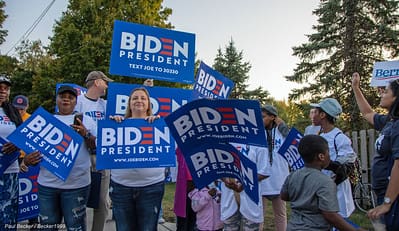
The topic of Palestine is already proving to be divisive within the U.S. Democratic primaries, and it will undoubtedly remain a consistent question throughout the 2020 election season. Where do leading presidential candidates stand, and what role does civil society play in influencing shifts in political discourse and policy positions? Al-Shabaka analysts 24418 and Zaha Hassan weigh in on these questions and more in our Super Tuesday policy lab, hosted by Nur Arafeh.
The US Democratic Candidates on Racial Justice and Palestine: Divergence or Convergence?
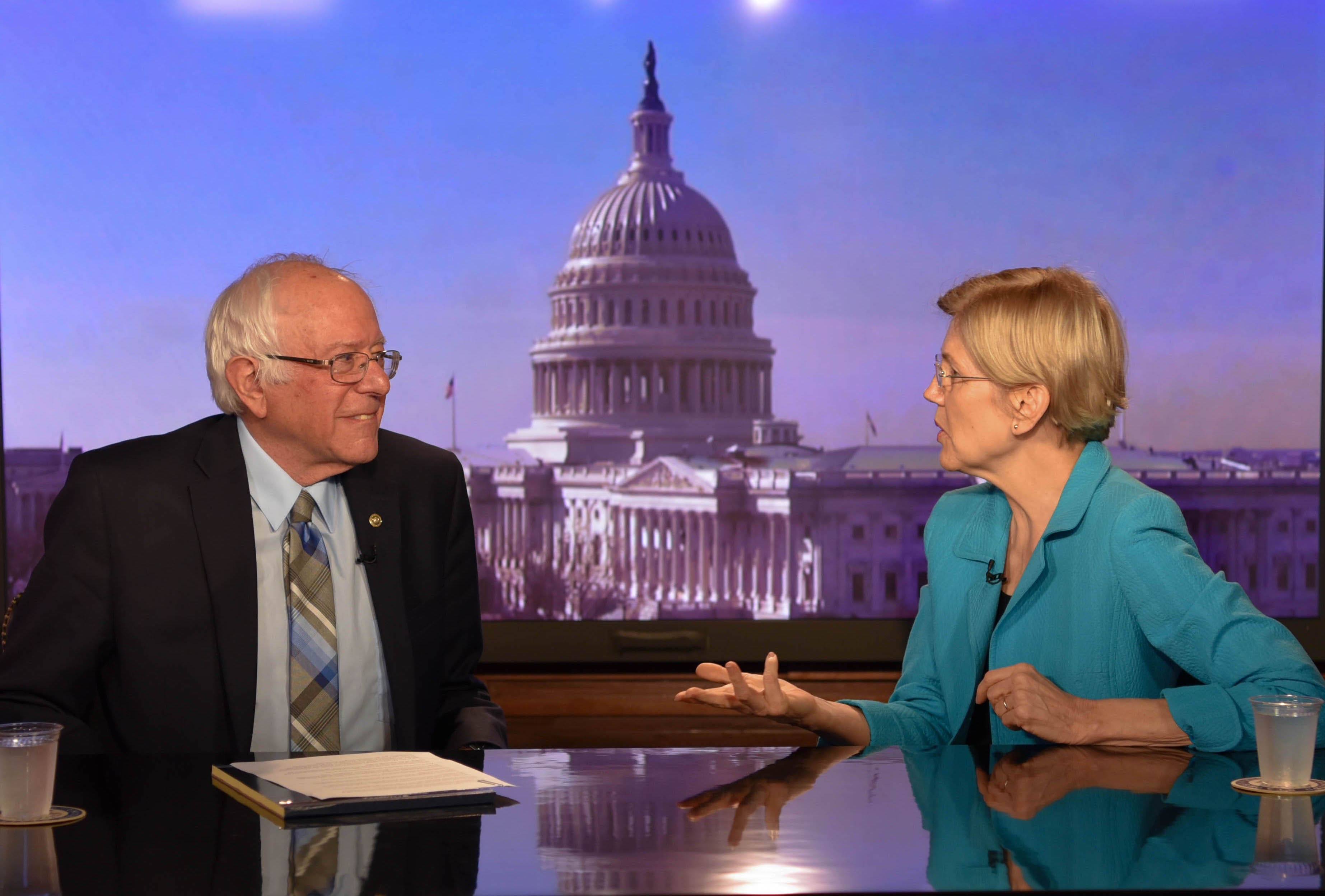
Al-Shabaka’s 24418 traces the top Democratic presidential candidates’ positions on Palestine and assesses them relative to their stances on racial justice in the US, arguing that while foreign policy has rarely differentiated US presidential candidates, in this election it is a key litmus test for a candidate’s sincerity vis-à-vis their commitment to civil and human rights.
Democracy in the West Bank and Gaza: More than Elections
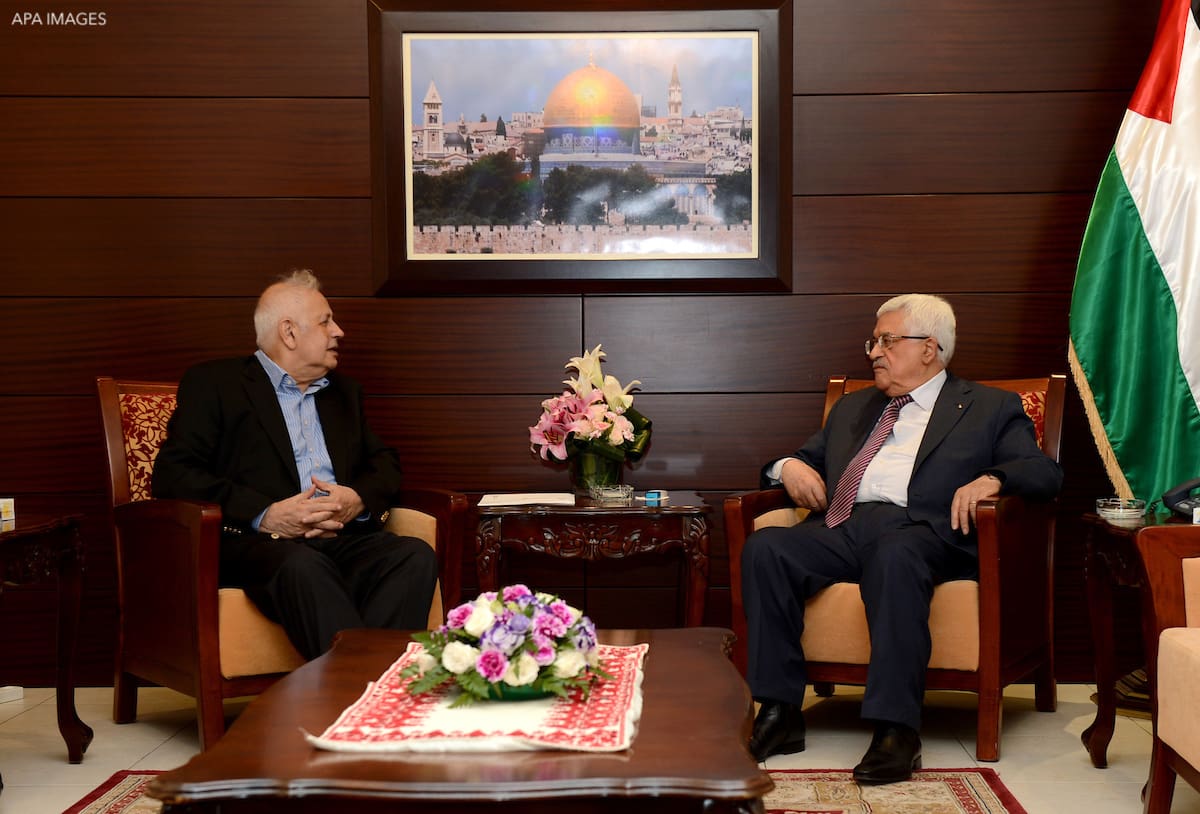
Last September, Palestinian Authority President Mahmoud Abbas renewed his pledge to hold parliamentary elections in the West Bank, Gaza Strip, and East Jerusalem. Regardless of whether the polls take place, Al-Shabaka Senior Palestine Policy Fellow 24588 argues that Palestinians must embark on a democratic process that far surpasses the proposed elections in order to achieve liberation.
Criminalizing Palestinian Resistance: The EU’s Additional Condition on Aid to Palestine
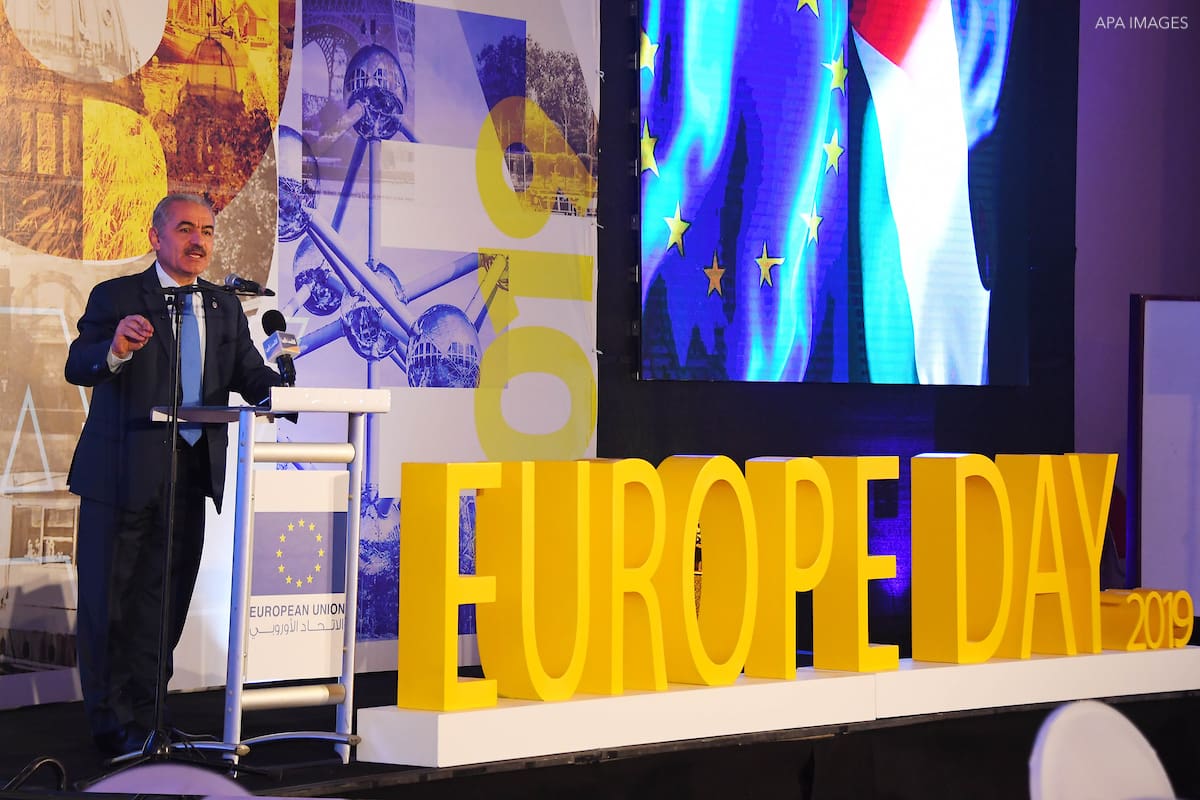
The EU recently announced additional conditions on its aid to Palestinian civil society organizations, namely that they must not deal with individuals or groups designated by the EU as “terrorist.” What effects will this have and what can Palestinians do about it? Al-Shabaka spoke with policy analyst Tariq Dana about these questions and international aid to Palestine more broadly.
Mapping Palestine: Decolonizing Spatial Practices
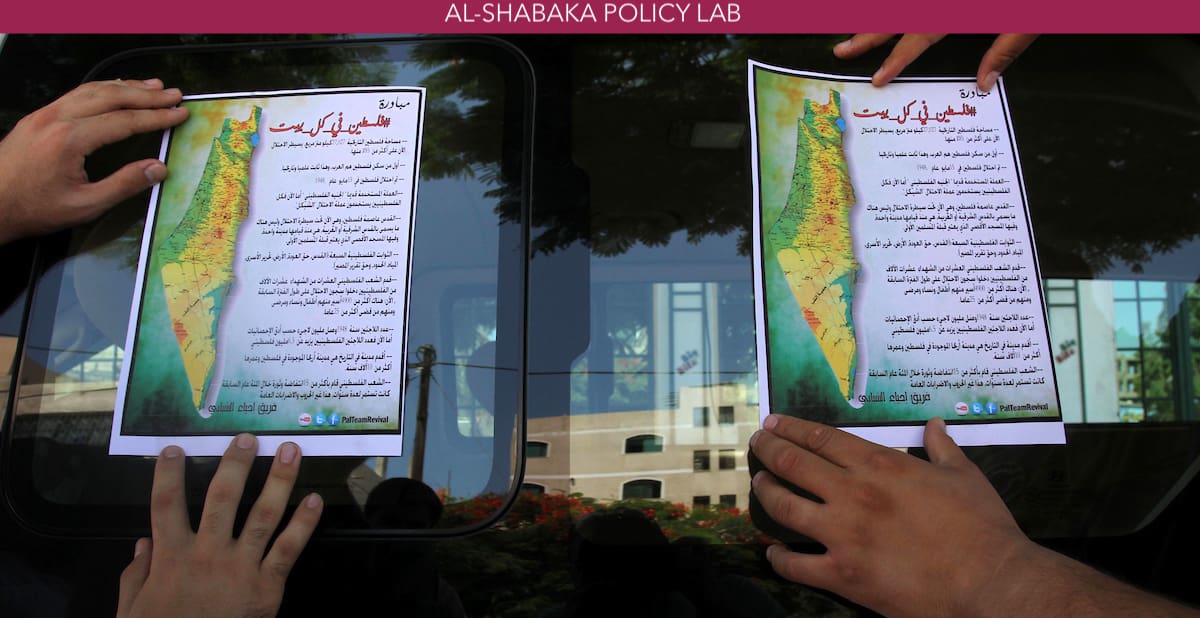
In our first policy lab of 2020, 24598 and Ahmad Barclay join host Nur Arafeh to discuss the ways in which maps and other visualization tools serve as sites to entrench power disparities as well as to empower communities to reimagine their colonized homelands.
Maps, Technology, and Decolonial Spatial Practices in Palestine
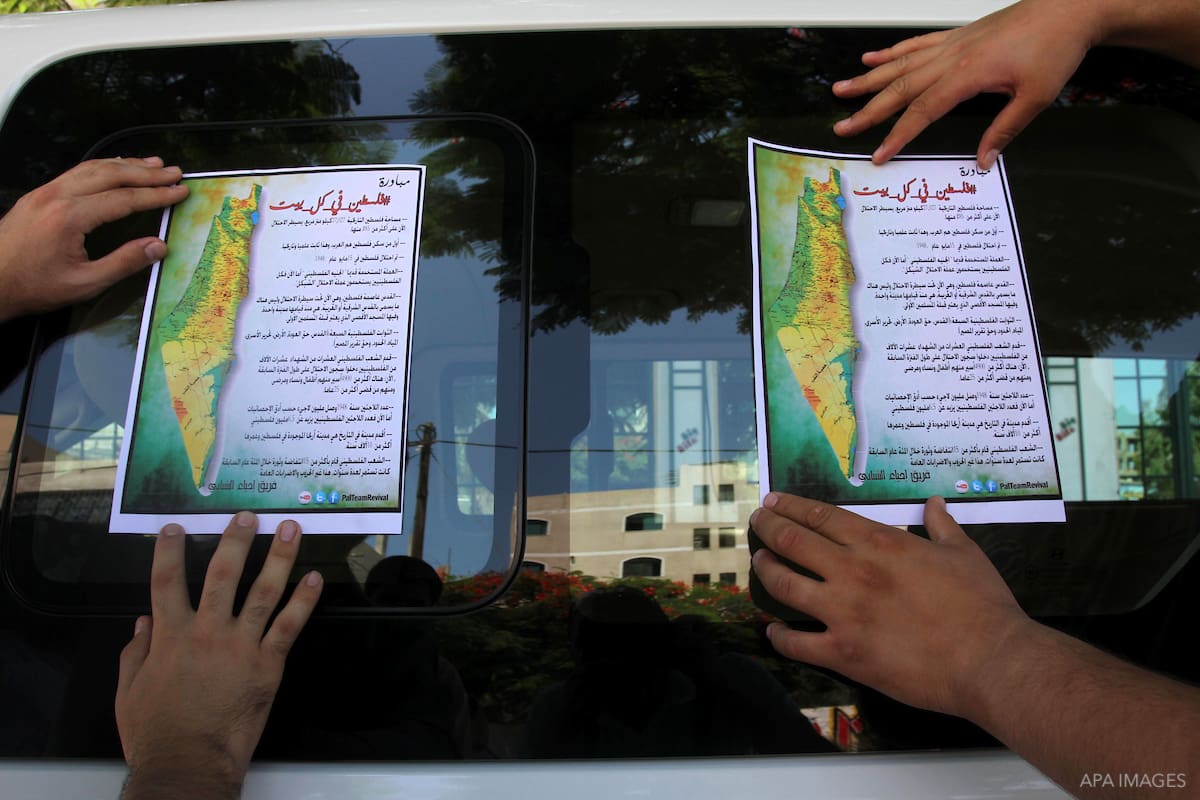
The practice of mapping in Palestine-Israel has long been an exercise in power, imperialism, and dispossession. Al-Shabaka Policy Analyst 24598 examines how Palestinians have been excluded from maps of their own land from the British Mandate to today, and explores ways that Palestinians can – and do – reclaim maps as a means of resistance.
The Growing Gap between Jordan and Israel, After 25 Years of “Peace”
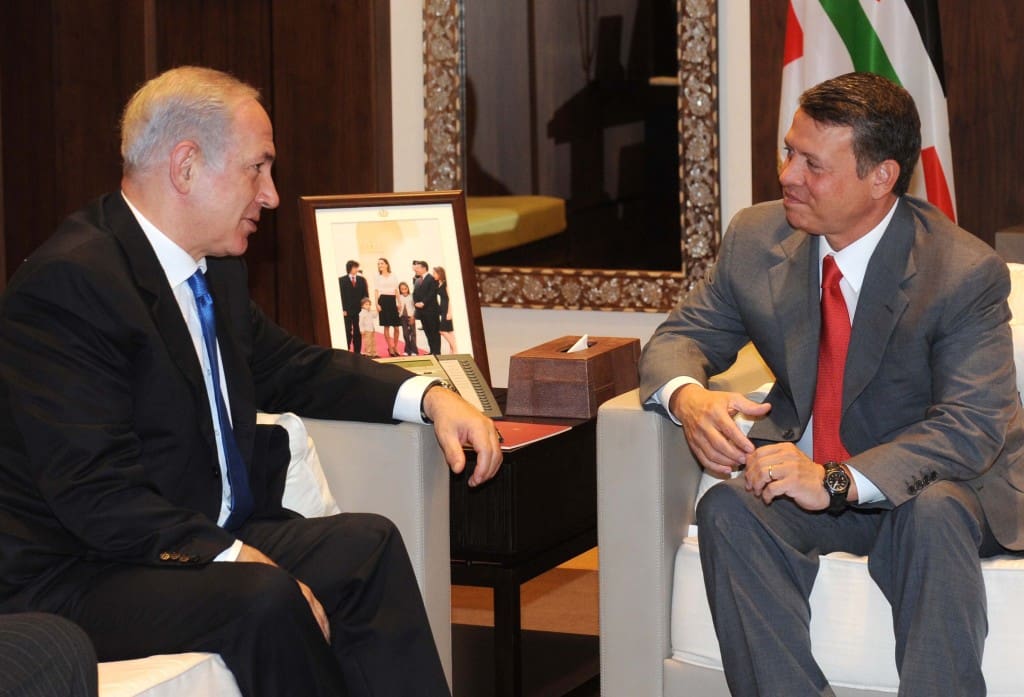
Twenty-five years after signing the Wadi ‘Araba peace agreement, Jordan and Israel are experiencing particularly tense relations. Al-Shabaka Policy Analyst Oraib Rantawi delves into the reasons behind this turn of events, the implications for Palestinian-Jordanian relations, and what Jordan can do to reduce its dependence on Israel.
Palestinian Elections: Essential or Harmful?
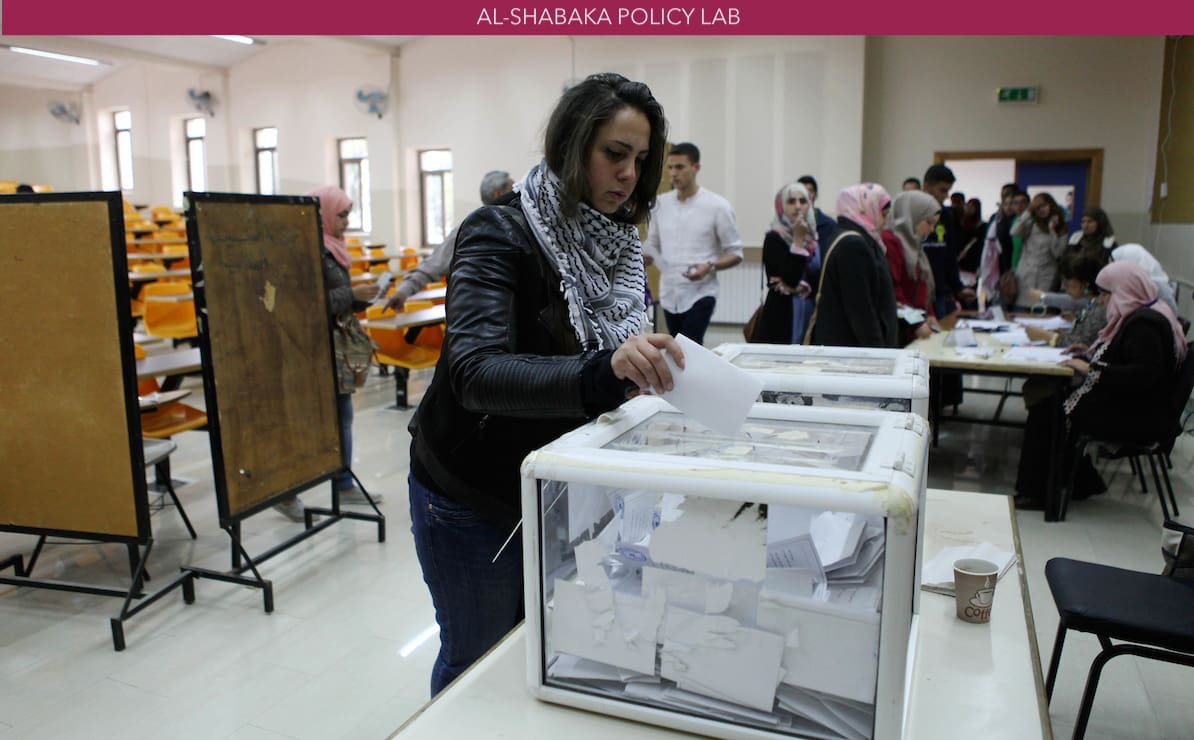
Palestinian general elections in the near future are looking more and more likely. But are they necessary? In our final policy lab of 2019, Inès Abdel Razek joins host Marwa Fatafta to discuss the significance of elections within the current leadership crisis, foreseen challenges to the democratic process, and potential for new political players to […]
The Systematic Torture of Palestinians in Israeli Detention
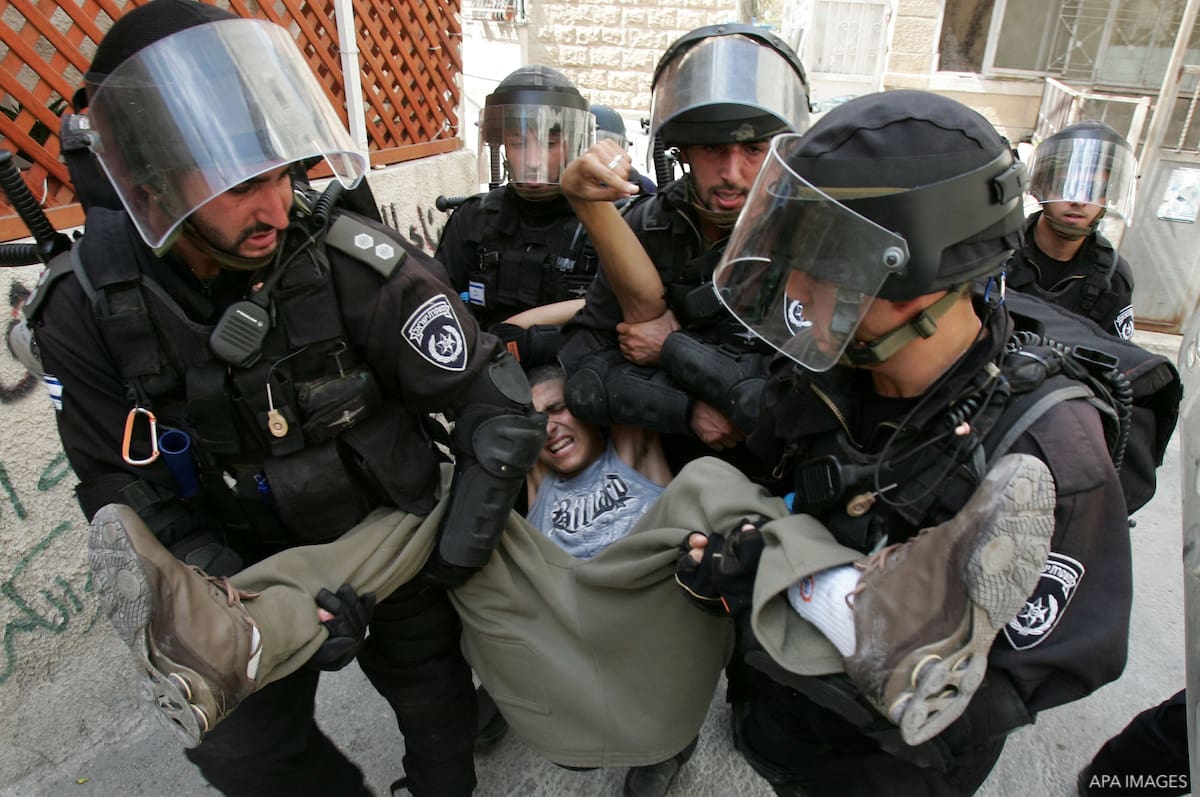
Since the establishment of Israel in 1948, the Israeli Security Agency has been torturing Palestinians. Al-Shabaka Senior Palestine Policy Fellow 24588 argues that the use of torture in Israeli detention is systematic and legitimized through domestic law, and outlines steps for the international community to hold Israel to account and bring an end to these violations.








